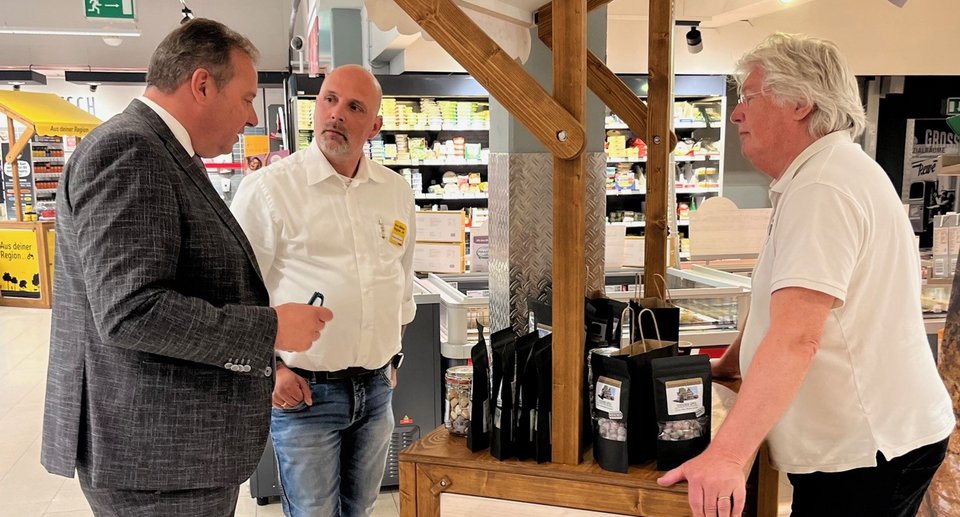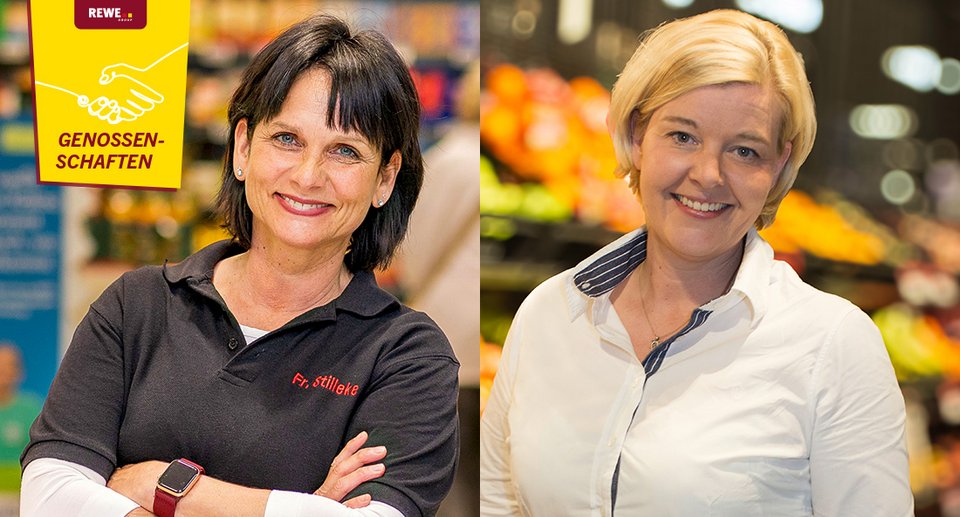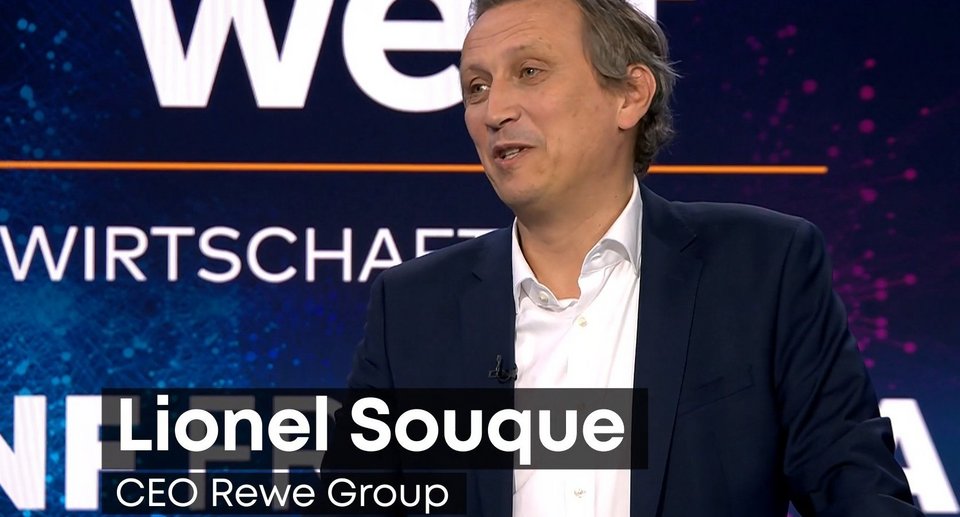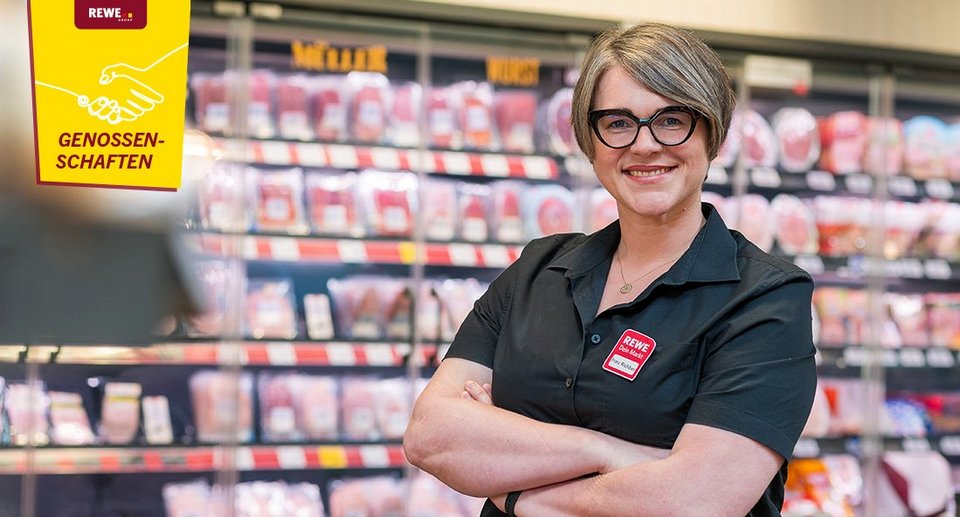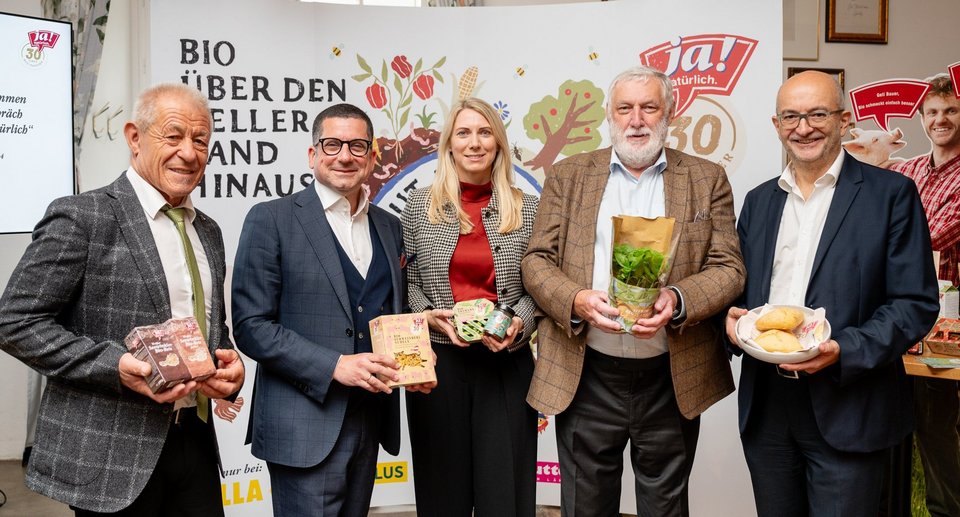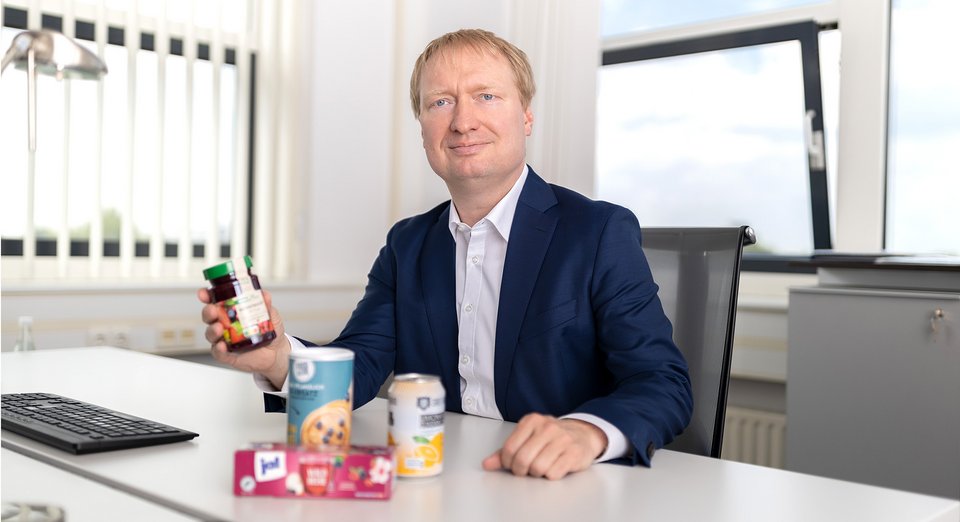
Marcel Weber, head buyer for REWE store brands, reveals the challenges currently facing the supply of goods, why free riders are fuelling inflation and what REWE Group is doing to combat these and the bottlenecks in the supply chain.
one: Mr Weber, to put it simply, what exactly does Own Brand Purchasing do?
Marcel Weber: Our tasks can best be summarised as a square with four key areas. Firstly, we procure private labels worldwide for the various SBUs of REWE Group, both nationally and internationally. We also utilise synergy effects within the Group in order to negotiate the best prices and margins. In addition, we create new articles, drive innovation and further develop the quality of our product ranges. Secondly, we work together with Quality Management and Category Management to ensure that our own-brand products meet the defined high quality standards and delight customers with their sensory properties through continuous monitoring and competitive comparisons. Thirdly, in order to ensure a sufficient supply of goods, we invest a lot of energy in maintaining delivery performance at a high level. Against the backdrop of crises such as coronavirus and the war in Ukraine, this is sometimes extremely challenging. Fourthly, together with the NH Ware division, we are continuously improving Sustainability along the entire supply chain through a large number of projects. The four pillars of animal welfare, climate, people and the environment are central to this.
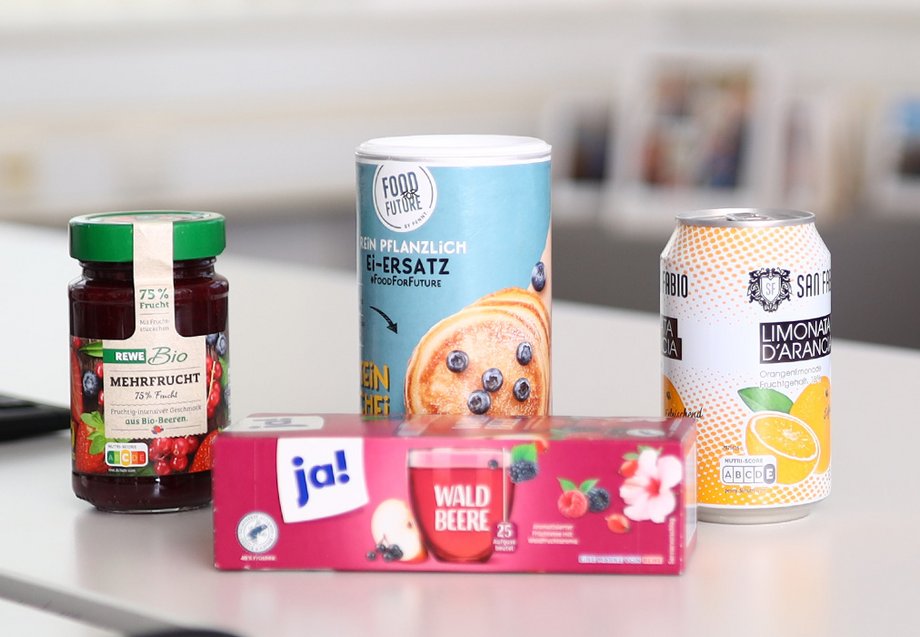 Own-brand products from PENNY and REWE
one: How can you respond to current challenges such as rising raw material prices or faltering supply chains?
Own-brand products from PENNY and REWE
one: How can you respond to current challenges such as rising raw material prices or faltering supply chains?
Marcel Weber: We are currently being confronted with a large number of requests for price increases. Our discussions with our suppliers are focussed on two aspects: firstly, exposing the free riders, i.e. identifying those suppliers who want to take advantage of the current situation to improve their own margins. Secondly, it's about differentiating between justified and unjustified claims. Because the last thing we need at the moment is to fuel inflation with unjustified price demands. We are therefore examining each case very carefully and will also agree to justified claims. We are countering the global disruptions in logistics and supply chains by trying to increase the ranges in our warehouses.
one: The tiresome topic of hoarding is once again on everyone's lips. Is the supply of goods at risk?
Marcel Weber: Basically no! We have a continuous supply to the stores. However, temporary extreme increases in demand cannot be met in full. However, these generally level out again.
one: Is it currently possible to negotiate prices for a longer period at all?
Marcel Weber: Concluding contracts with fixed prices and long terms is hardly possible at the moment due to the volatile market. There will be more frequent negotiation cycles. Nevertheless, we rely on long-term partnerships with our suppliers in order to guarantee the best possible supply of goods for our customers.
one: Mr Weber, thank you very much for talking to us!
Marcel Weber is Head of Own Brand Purchasing & Development National / International at REWE Group Buying.
He is responsible for the procurement of all private label products in the food and near-food sector.
Last year, the market share of private labels fell to 32.5 per cent - a drop of 0.7 percentage points compared to 2020. In 2017, their market share was still 35.3 per cent. However, a closer look reveals that the weakness of the private labels in 2021 was a weakness of the discount brands. According to GfK figures, discount retail brands recorded a decline in sales of 3.8% last year.
However, manufacturer brands also performed very differently. Premium manufacturer brands achieved an increase in sales of 6.2 per cent, while mid-range brands only grew by 1.2 per cent. GfK registered a similar structural development for private labels: premium private labels recorded a strong increase in revenue (plus 8.5 per cent), while entry-level private labels recorded a drop of three per cent.

